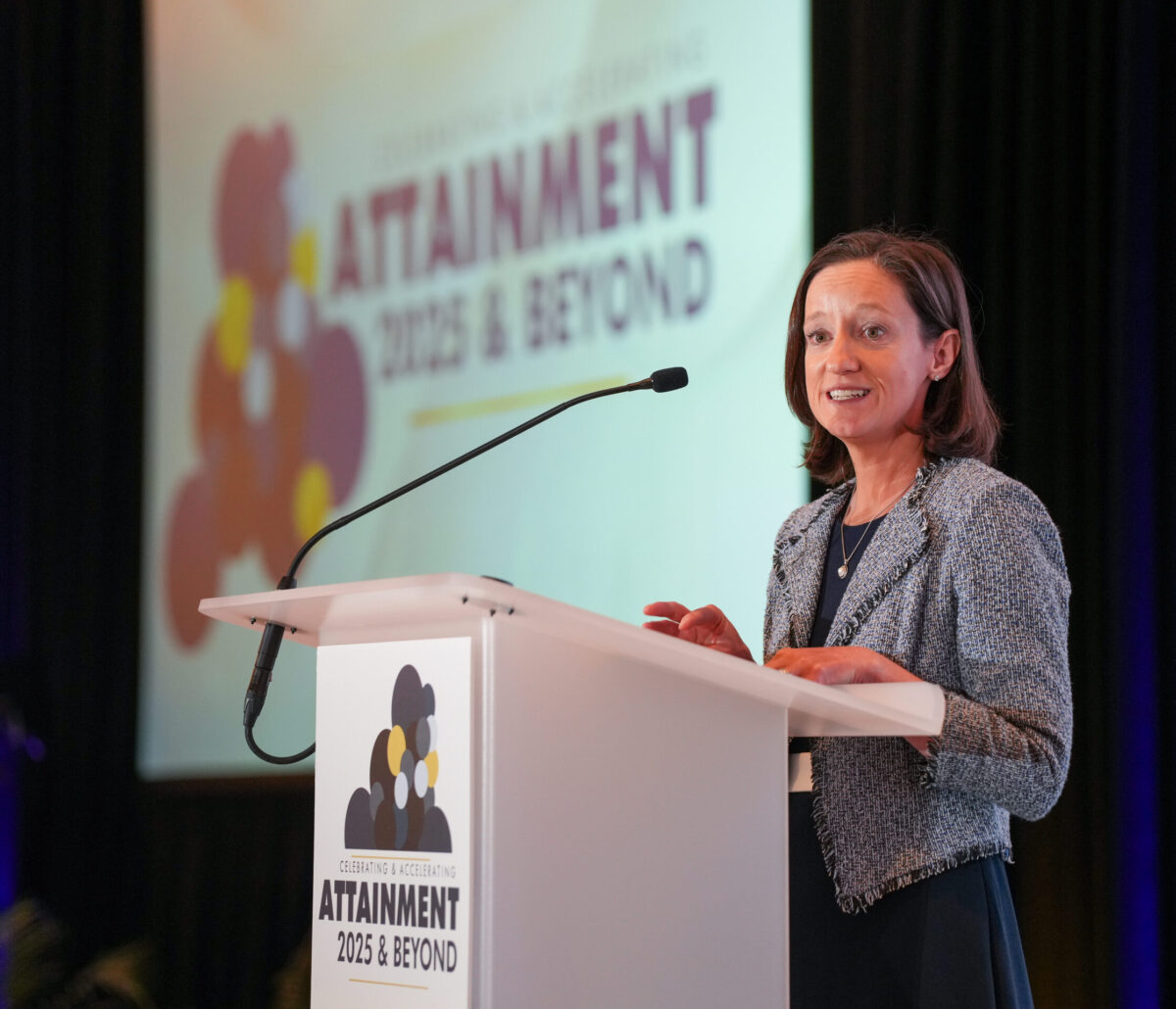Senate HELP Committee Hearing on Consumer Information: May 6, 2015
Published May 08, 2015
On Wednesday, May 6, 2015, the Senate Health, Education, Labor & Pensions (HELP) Committee held a full committee hearing on “Reauthorizing the Higher Education Act: The Role of Consumer Information in College Choice.” In their opening remarks, Chairman Lamar Alexander (R-TN) and Ranking Member Patty Murray (D-WA) outlined their priorities for reauthorization and principles for the role of the federal government in collecting and disseminating data to inform college choices. Senator Murray referenced the PostsecData Collaborative’s letter responding to the HELP Committee’s white paper on consumer information, stating, “I received a letter from a diverse group of organizations – from the U.S. Chamber of Commerce to Young Invincibles and New America – focusing on how we can improve this consumer information. They pointed out that the current restrictions on student data are unnecessary and outdated.” The need for improved data collection and metrics was reiterated throughout the hearing by many of the witnesses and through questions from committee members.
The witnesses discussed how the Higher Education Act should address data collection, use, and publication. Mark Schneider, Vice President and Institute Fellow at American Institutes for Research, centered his testimony on five areas on which the federal government could provide better data: selectivity, graduation rates, time to completion, net price, and post-completion earnings. He also noted that students and families, state policymakers, and federal policymakers use this information in different ways and emphasized the federal government’s role in collecting data, while allowing others entities to disseminate it.
Deborah Santiago, Chief Operating Officer and Vice President for Policy at Excelencia in Education, directed her comments toward the information needs of post-traditional students and their families. Demographic shifts in the college-going population require the collection and publication of information relevant to students who do not fit the traditional student profile. She proposed a dashboard where students could input a profile and see outcomes for students in similar situations to help them find a “best fit” college.
Stacy Lightfoot, Vice President of College and Career Success Initiatives, focused on the need for disadvantaged students to have a “translator” to clarify information and help the student find a college that is the right fit. She believes data on college graduation rates, retention rates, percent of financial need met, average aid package, average indebtedness at graduation, occupational outlook, and job placement rates should be collected and disseminated by the federal government to help guide student decisions. Ms. Lightfoot also noted that these data should be accessible and easy to understand, and suggested simplifying the FAFSA by using prior-prior year information.
Taleah Mitchell brought a student perspective to the hearing by discussing her experiences as an adult learner in the I-BEST program at Seattle Central College. Although she received a GED, she was trapped in low-wage jobs and needed access to a flexible higher education program. This need was fulfilled in the I-BEST program, which boosts students’ literacy and work skills through a dual instructor model. She believes that Adult Basic Education programs are invaluable to students like herself who would otherwise have little access to higher education. By making data more centralized, accessible and inclusive, Ms. Mitchell believes that students will be able to make more informed decisions about degree options at community colleges and technical schools.
Committee members asked a variety questions about the witness testimony and current federal data policy. Sen. Christopher Murphy (D-CT) commented on the 2008 ban on student unit record data system. Other questions raised were focused on net-price calculators and accessibility for students, FAFSA simplification, standardizing financial aid award letters, workforce credentials, and Federal Student Aid data.
The full written testimonies for each witness can be found here. Through testimony and questioning, it is clear that data collection, use, and publication are at the forefront of policy discussions surrounding the reauthorization of the Higher Education Act. The next hearing on the Higher Education Act is scheduled for Wednesday, May 20, 2015.


